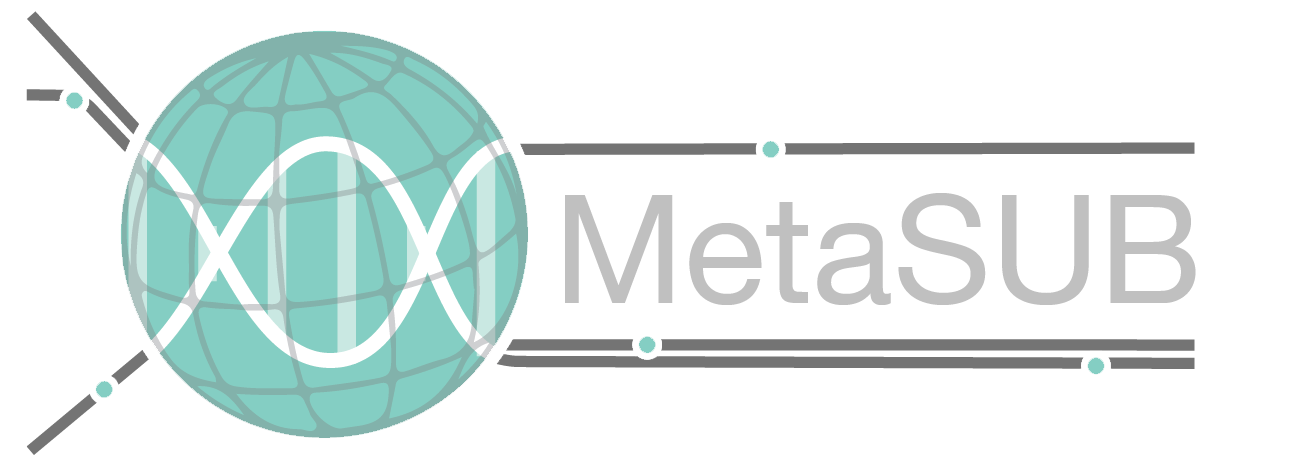INTRODUCTION
OLYMPIOME: OLYMPIC GAMES SAMPLING
The 2016 Summer Olympic Games attracted 1.17 million tourists in the two weeks in Rio de Janeiro, Brazil. Yet, until the 2016 Summer Olympics, there has never been an infrastructure to monitor the impact of such a large-scale human event on the city’s genetic profile.
As a part of a global consortium to monitor cities, this project pioneered the first-ever, city-scale collection and measure of the Olympics, dubbed the Olympiome. Tracking of localization, transit, and persistence of these visitors’ metagenomes was done. We can then determine where they colonize and change the local urban metagenome of the host city, including the presence and the fluctuations of medically relevant entities such as anti-microbial resistance markers (AMRs) and phages.

2016 SUMMER OLYMPICS
For the 2016 Summer Olympics, the nine busiest metro stations of Rio have been sampled before, during (3 times a week), and after for those sites recovering DNA and RNA. The swabbing plan, which also covered non-touristic areas, covered most geographical areas of Rio and was continued for another 3 months after the games.
Each one of the 1364 samples were sequenced for DNA and RNA (>5 million reads) using a shotgun strategy allowing the coverage of a huge diversity of virus, fungi and bacteria present in urban microbiomes.
In parallel, collection of geolocated Aedes mosquitoes from 9 different sites (at least 30 female mosquitoes/point) was done. These will be investigated by the same shotgun sequencing approach for DNA and RNA viruses (including dengue, Zika and Chikungunya). This is the MetaAedes project.
The MetaAedes – Molecular surveillance to investigate the introduction of arboviruses, the composition of microbiota and population dynamics of Aedes mosquitoes during the 2016 Olympics in Rio de Janeiro, Brazil

Whereas mass events have a role in spreading diseases around the globe, we believe that NGS-based surveillance approaches can be a powerful tool to detect the presence and emergence of microorganisms of potential health interest.
The Zika flavirus, which was confined to some regions in the Pacific Ocean and Africa and caused no significant disease, is rapidly spreading. Of relevance, it is believed that it has arrived in Brazil during the 2014 World Cup that brought close 1-million visitors to the country.
2021 SUMMER OLYMPICS
This project will be repeated during the Summer Olympic Games in Tokyo, Japan. Sampling was conducted across Japan through 2019 & 2020.
Due to the COVID-19 pandemic, the Tokyo Summer Olympics is rescheduled to 2021. Sampling throughout Japan will continue until then.

